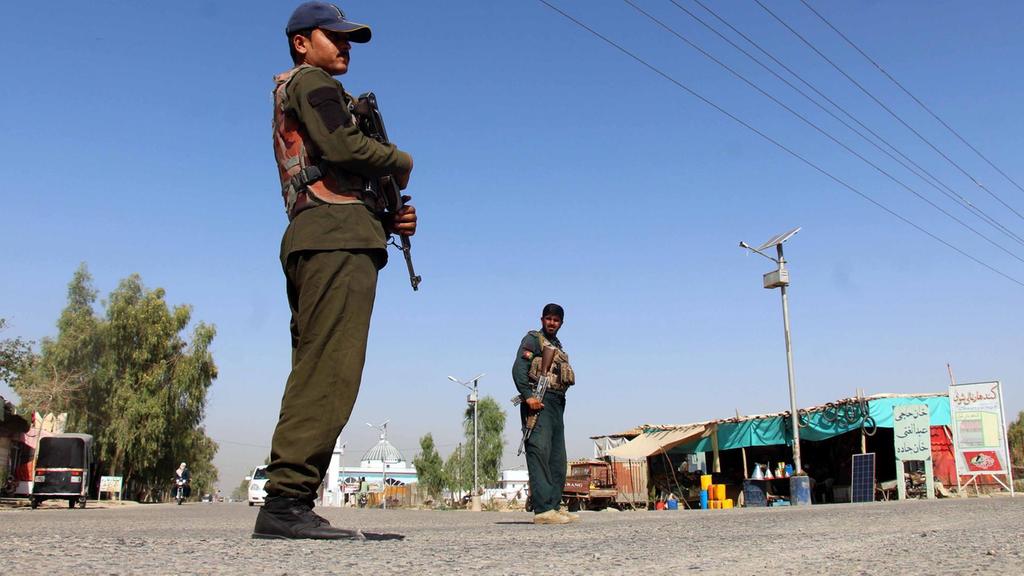The Afghan Taliban has announced a three-day ceasefire over the Eid holiday at the end of this week, their first such offer, which follows an earlier ceasefire announced by the government.
Afghan President Ashraf Ghani said on Thursday that the government of Afghanistan will observe a ceasefire from June 12 to 19.
The Taliban’s initiative was in response to the fatwa issued last week by Afghanistan’s Ulema Council – a gathering of over 2000 religious leaders from across the country – declaring the attacks by the militants un-Islamic. The gathering was attacked by a suicide bomber an hour after the fatwa was issued, resulting in 21 casualties.
In response, social media accounts associated with the Taliban issued directives to its fighters to “cease all offensive operations against the domestic opposition forces during the first, second and third day” of Eid. They also asked fighters to refrain from participating in civilian celebrations to reduce civilian casualties in case of airstrikes.
The Afghan government has welcomed the mutual period of peace. “This ceasefire is an opportunity for the Taliban to introspect that their violent campaign is not winning them hearts and minds but further alienating the Afghan people from their cause,” President Ghani said in an earlier public statement. “With the ceasefire announcement we epitomise the strength of the Afghan government and the will of the people for a peaceful resolution to the Afghan conflict.”
Despite the brevity of the truce, Afghans across the country have welcomed the announcement with enthusiasm. “Any move, even if it is an hour, to silence the guns and bombs is highly welcome,” Orzala Nemat, director at the Afghanistan Research and Evaluation Unit, told The National, echoing popular sentiment across Afghanistan. “We have seen enough bloodshed, especially the blood of young Afghans, and this must end.”
The long-term prospects of the armistice leading to ongoing peace are less obvious. “The sides of conflict in Afghanistan are multiple, with secondary and tertiary layers of engagement,” noted Ms Nemat. “Additionally, the ceasefire will only be in effect the three days of Eid. What happens between then and now?”
On Saturday, 19 Afghan policemen were reportedly killed by the Taliban, shortly after their announcement of ceasefire.
In the past, requests from non-governmental organisations for ceasefires have not been respected by either parties to the conflict, leaving a question mark over whether the planned truce will hold. “They did not observe ceasefires before for humanitarian work, I am not entirely confident that they will respect this ceasefire,” said Ms Nemat.
Other armed groups active in Afghanistan are not party to the agreement. “Non-Taliban terrorist elements will continue to stage attacks,” Ahmad Shuja, an Afghan political analyst and the editor-in-chief of the Georgetown Public Policy Review, told The National.
Low-level Taliban fighters or even Afghan security forces and local police may also continue skirmishing. “It’s a messy war and breakdowns in the chain of command are to be expected,” Mr Shuja said. “The significance of the expected ceasefire is more in its politics than in its kinetics.”
Read full story on The National UAE
